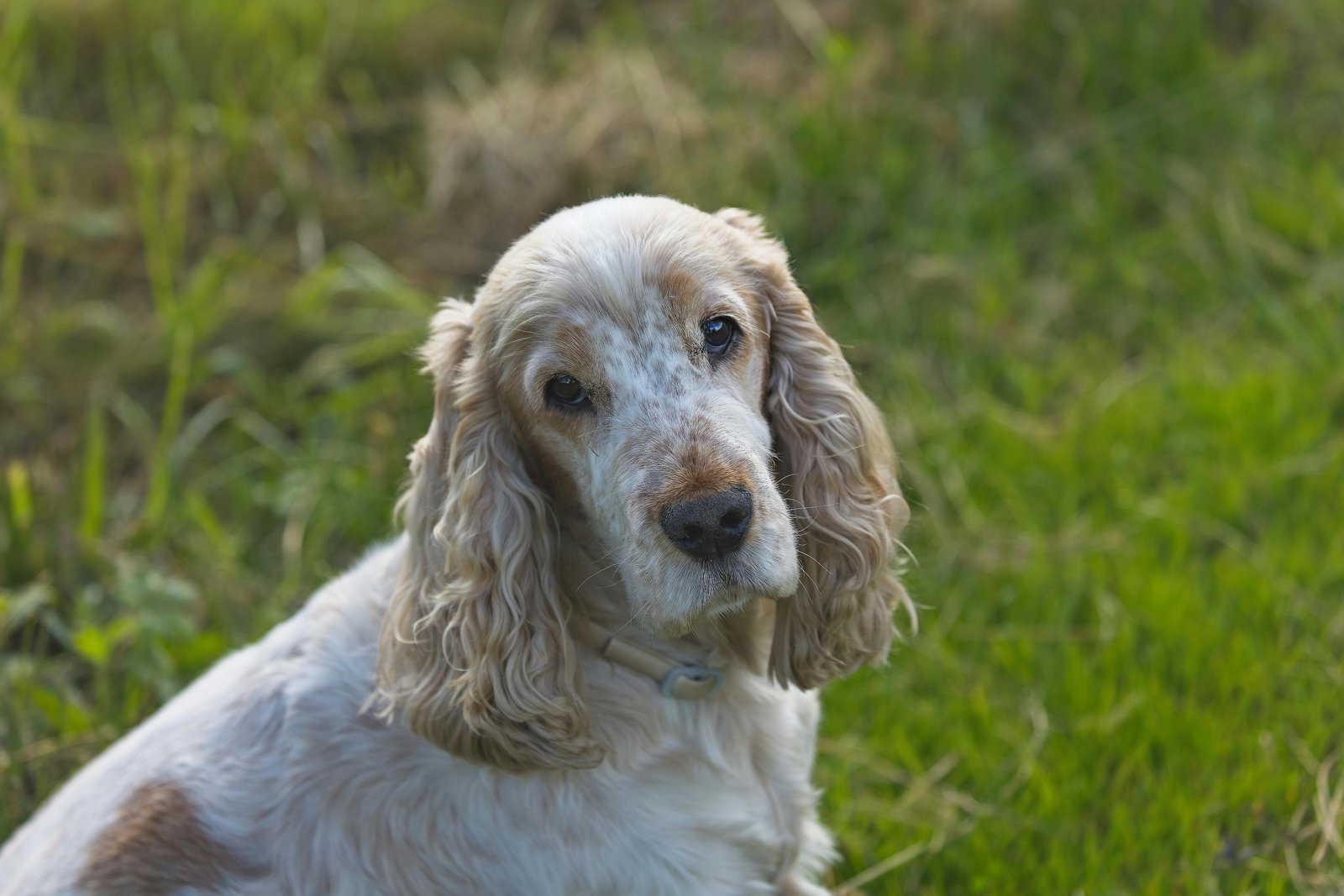As our beloved pets join us on life’s journey, their golden years bring a unique set of health concerns, just as they do for us humans. At The Gentle Vet, we understand the deep bond between pet and owner, and we’re dedicated to ensuring those twilight years are filled with health, comfort, and cherished moments. This guide delves into common illnesses that can affect ageing cats and dogs, covering everything from cancer to hyperthyroidism, and the signs to keep an eye out for.
The Importance of Proactive Care in Senior Pets
Our pets age much faster than we do, meaning seemingly subtle changes can point towards underlying health issues. While not every ailment is preventable, regular veterinary visits are more important than ever for our older companions. Early detection and treatment can drastically improve the quality of life, and sometimes even the lifespan of our furry friends.
Cancer
Cancer is a group of diseases characterised by uncontrolled cell growth and spread. It can affect any part of the body and occurs in both dogs and cats. While cancer is more common in older pets, it can develop at any age. There are many different types of cancer, each with its own set of symptoms and treatment options.
General symptoms to watch out for include:
- Lumps or bumps that change in size or shape
- Sores that do not heal
- Weight loss or loss of appetite
- Difficulty breathing, eating, or eliminating
- Persistent lethargy or weakness
If you notice any of these signs in your cat or dog, it’s important to see a pet cancer vet right away. While hearing a cancer diagnosis is never easy, advancements in veterinary oncology offer hope. Your veterinarian will discuss treatment possibilities, including surgery, chemotherapy, radiation, or a combination of therapies, to create the best plan for your pet’s individual circumstances.
Hyperthyroidism
Hyperthyroidism primarily affects older cats, caused by an overproduction of thyroid hormones. These hormones control your cat’s metabolism, so when levels become too high, it’s like their body is constantly running on overdrive.
Typical signs of hyperthyroidism in cats include:
- Increased appetite yet unexplained weight loss
- Restlessness or hyperactivity
- Vomiting and/or diarrhoea
- Increased thirst and urination
- Changes in coat condition (may become unkempt)
If left untreated, hyperthyroidism can damage internal organs, with the heart being particularly at risk. With appropriate diagnosis and treatment, however, many cats with hyperthyroidism go on to live comfortable lives for years to come.
Other Common Maladies in Senior Pets
While cancer and hyperthyroidism in dogs and cats are two of the most commonly searched-about illnesses affecting senior pets, pet owners should also be wary of other common afflictions in geriatric pets:
- Liver Disease: The liver plays a multitude of roles in the body, from detoxification to aiding digestion. Age-related wear and tear, infections, and certain medications can all contribute to liver disease in senior dogs and cats. Early signs, like loss of appetite and lethargy, can be subtle, while advanced disease may cause yellowing of the skin (jaundice) or vomiting.
- Feline Infectious Peritonitis (FIP): A complex and often fatal viral disease in cats, FIP comes in two forms. The ‘wet form’ causes fluid build-up in the abdomen or chest, while the ‘dry form’ can affect various organs. Symptoms are often vague but can include fever, weight loss, and lethargy. FIP is particularly concerning in older cats as their weakened immune systems may be less capable of fighting the virus, making the disease progression more rapid and treatment more challenging.
- Chronic Distemper Encephalitis (CDE): Also known as “old dog encephalitis,” this condition is a form of canine distemper that can affect older dogs. CDE causes inflammation of the brain and spinal cord, leading to neurological symptoms such as seizures, tremors, muscle weakness, and behavioural changes.
- Gastroenteritis: Inflammation of the stomach and intestines can occur at any age but may become more frequent in senior dogs and cats. Causes range from dietary indiscretions to infections. Symptoms of gastroenteritis usually include vomiting and diarrhoea.
- Eye Infections: As dogs and cats age, their eyes can become more prone to infections or inflammation. Signs like red, watery eyes, squinting, or discharge warrant immediate veterinary attention.
The Gentle Vet: A Partner in Your Pet's Geriatric Care

Witnessing the twilight years of our pets can stir a mixture of tenderness and worry. At The Gentle Vet, we understand this deeply. Our 24-hour pet clinic in Singapore is here for you, whether providing routine check-ups, diagnosing complex illnesses, or supporting you through difficult health decisions.
Let us guide you in creating the best possible quality of life for your ageing cat or dog. We believe in compassionate, personalised care that puts your pet’s comfort at the forefront.
*Please Note: This blog is intended for informational purposes and does not replace professional veterinary advice. Always consult a vet if you’re concerned about your pet’s health.
Get Help from The Gentle Vet



